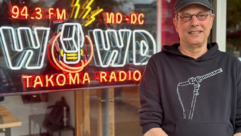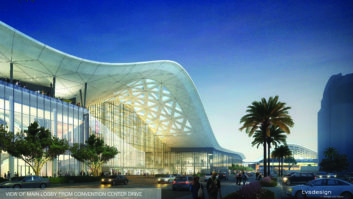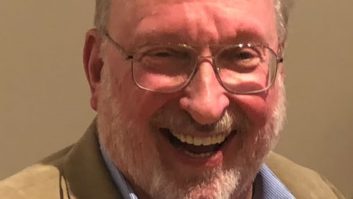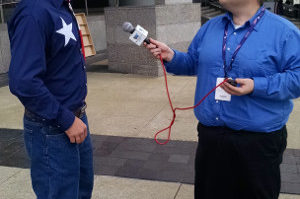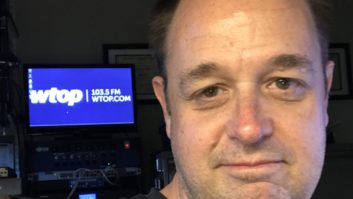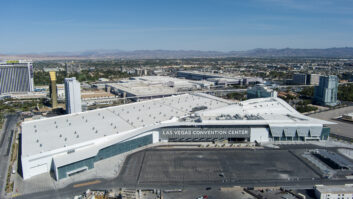No doubt about it, this year’s Republican National Convention will be one to pay attention to. And how will the nations’ radio broadcasters be covering this year’s convention, set to start July 18 at the Quicken Loans Arena in Cleveland? Radio World spoke to a number of broadcast stations about how they are preparing for coverage of the RNC, including the type of equipment they will bring, the staff they will employ and the security issues they expect to encounter.
To kick off this series, Radio World spoke to Mitchell Miller, senior news director in the thick of the political soup at WTOP(FM), the all-news station serving the Washington metropolitan area.

Radio World: What are your organization’s plans for covering the Republican National Convention?
Mitchell Miller: WTOP will be sending our Capitol Hill Correspondent Dave McConnell, along reporter and anchor Brennan Haselton. Both have won numerous awards for their reporting over the years. Dave McConnell is the longest-serving reporter on Capitol Hill. He has worked for WTOP for more than 50 years and covered Capitol Hill for over three decades. He admits that he was so curious about Congress as a kid that he cut class to sit in the gallery of the U.S. Capitol, watching lawmakers.
Dave and Brennan will arrive the weekend before the convention begins in Cleveland and provide live and produced pieces every day, during all dayparts. In addition to covering the events leading up to the formal nomination, they’ll be ready to cover a wide range of developments involving delegates, potential protests, security concerns, Washington-area delegations, etc.
RW: How many staff, both on-air and technical, will be involved?
Miller: Dave and Brennan will be our on-site reporters and will get technical support from our staff back here in Washington.
RW: Describe the equipment complement and audio chain that will deliver this programming.
Miller: We’ll be relying on a wide range of equipment with the support of CBS Radio News, including an ISDN line, regular phone line, laptops and high-speed Internet service.
RW: What special concerns or problems must you work around in planning the audio feeds or other tech infrastructure?
Miller: The biggest challenges may be related to what’s happening outside of the Quicken Loans Arena, where a protest zone is going to be established. Access, as well as sending out audio, could get tricky at times. But we have lots of experience with a wide range of events.
RW: What special considerations, if any, are you taking regarding security?
Miller: Both of our reporters have plenty of experience between them, so we’re relying on them to make the right judgement calls if events get a little out of control. If they feel they need any special equipment or support, we’ll provide it.
RW: What else might a fellow radio technical person want to know about this project?
Miller: We’ve found that it can sometimes be difficult to send audio/pictures/video in very crowded situations, since everyone is using so much data. It’s best to have plenty of backup plans for filing, especially from the field. For example, a reporter may need to text audio, rather than send by email.




